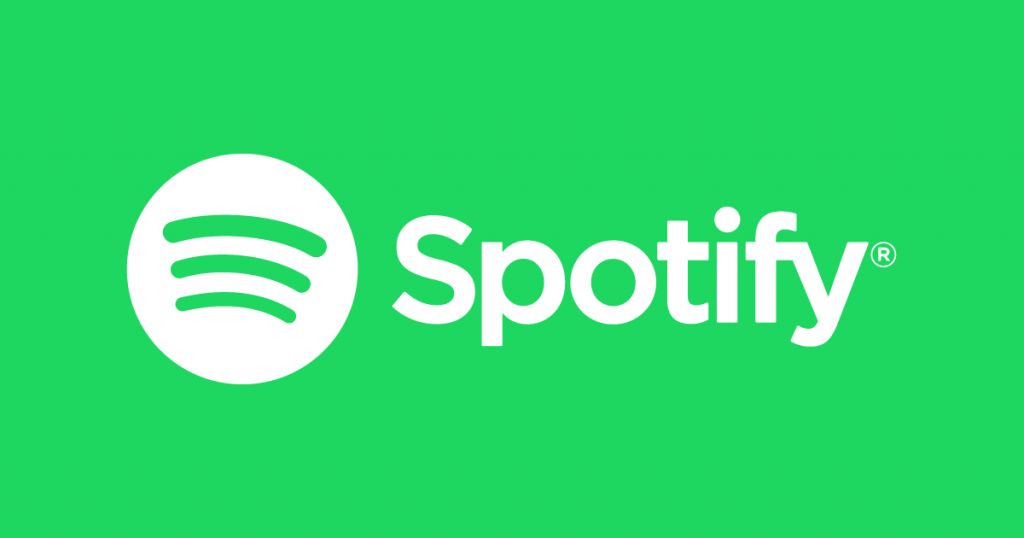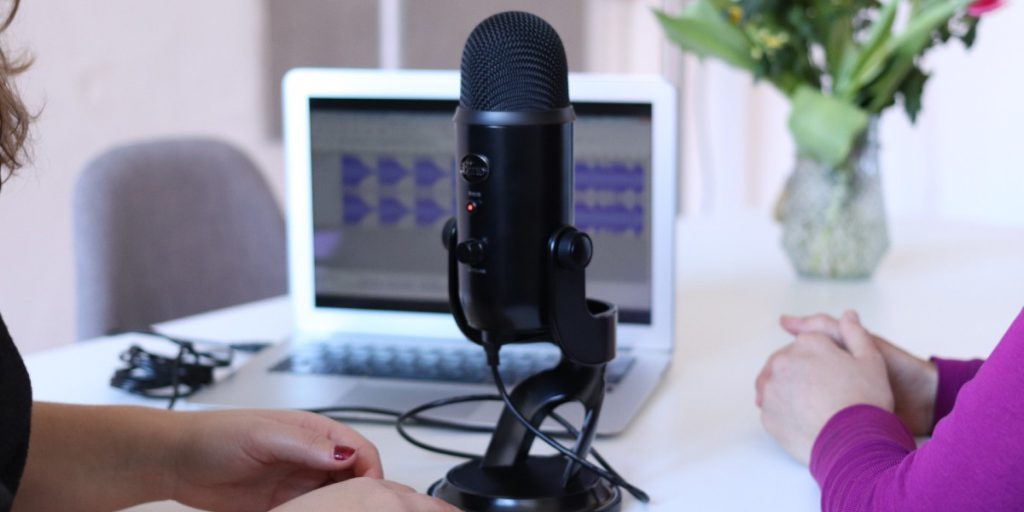July 8, 2021

The coming of the streaming platforms saw the music industry undergo a major digital transformation. What at first seemed like the end of the industry turned into new ways of earning money and expanding the market.
Spotify is today’s leading music streaming platform with availability in nearly 180 countries ad territories worldwide. According to Dylan Smith, the company is constantly adding content and monthly active users (MAUs) and, let’s not forget, the large investments in podcasting and other audio entertainment efforts. The service pays the majority of its revenue to rightsholders – record labels, Warner Music Group, Universal Music Group, and Sony Music Entertainment – for on-platform music streams.
The Stockholm- based company-s latest quarterly results as of Q1 2021, (covering the three months ending on March 31st, 2021) reported total revenue of €2.147 billion. Results were within Spotify’s expectations given the outperformance in Q4 and the continued impact from COVID-19. The sum represents a small dip from Q4 2020, and as has historically been the case, the largest portion of the income (€1.931 billion/$2.29 billion) derived from premium subscribers, who pay a different monthly fee (and generate a different amount per stream) depending on their country of residence. The remaining €216 million/$256.13 million or so came from ad-supported accounts, marking a 46% year-over-year improvement (due chiefly to a pandemic-driven advertising falloff in early 2020) but a 23% dip from Q4 2020; premium revenue, on the other hand, improved by 14% YoY and 2% QoQ.

Spotify welcome the new era of podcast monetization by adding 400,000 podcasts during the three-month stretch, for a total of 2.6 million programs. Podcasts engagement rate (not necessarily start-to-finish listens) has come in at 25%, consistently with Q4 levels.
Even though they had a decline in ad-supported earnings and the minimal improvement in premium income, the Q1 2021 Spotify earnings signify a major jump from 2019 and previous years – a jump made possible by the addition of MAUs, with an emphasis on the more fiscally significant premium users.
What’s next?
Smith says that “it’s worth closely monitoring podcast-listenership stats and the results of podcasts monetization efforts, as well as income attributable to two-sided marketplace deals, in future Spotify earnings reports.”
The company has made a large investment in the long-term potential of podcasting, “with regard to exclusive programs and otherwise, and two-sided marketplace deals (including sponsored recommendations and Discovery Mode) could dramatically bolster Spotify earnings if widely implemented.”
Lastly, Smith’s says that “Spotify’s continued embrace of social audio – the entity purchased Clubhouse competitor Locker Room in late March – might usher in greater user engagement and on-platform interaction over time.”